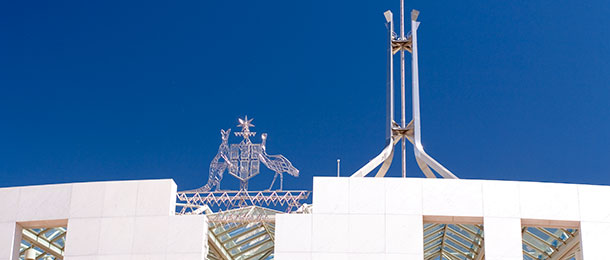The bill to introduce the Division 296 tax that will apply to superannuation balances over $3 million remains stalled in the Senate after the government did not add it to the order of business for the last day of the current sitting period.
The Treasury Laws Amendment (Better Targeted Superannuation Concessions and Other Measures) Bill 2023 was due for debate today and while it remains on the notice paper for pending debates in the upper house, it was absent from the order of business for 13 February.
The Institute of Financial Professionals Australia told its members: “It is likely the government lacks the numbers to get it through the Senate. This follows the government’s controversial move linking the bill to popular credit card surcharge reforms, pressuring crossbenchers to support it or risk losing cost-of-living relief measures.”
Despite not being scheduled for debate, Liberal Party Senator Michaelia Cash moved a motion that the bill be removed from the notice paper, claiming “the super tax bills represent Labor’s broken promise on superannuation taxes [and] don’t have the support of the Senate”.
In her comments supporting the motion, Cash raised objections related to the lack of indexation and the taxation of unrealised capital gains, as well as the potential impact on farmers and small business owners without sufficient liquidity to pay the tax.
In response, government and Greens senators stated the impost would only impact 80,000 people and was only a tax on wealthy Australians, and the motion was defeated.
The government had originally slated the bill for debate in November last year, but postponed that action for the first sitting period of this year, which started on 4 February and ends today.
The next sitting periods for the Senate are 25 to 27 March and then 6 to 15 May, however, the next federal election must be called by 17 May, giving the government limited opportunities to put the bill forward for debate.
For the bill to become law, the government needs 39 votes and can count on 25 of those coming from its senators and a further 11 votes from Greens senators, leaving it short by three votes and requiring the support of one-third of the nine independent senators for it to be passed.




